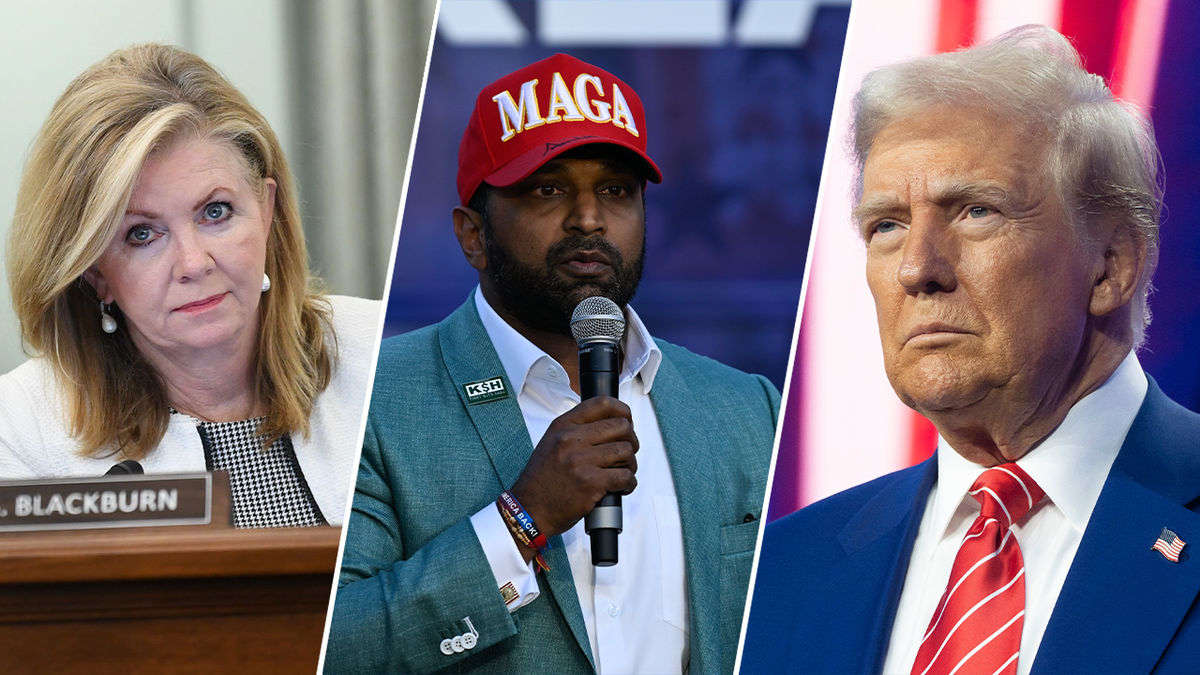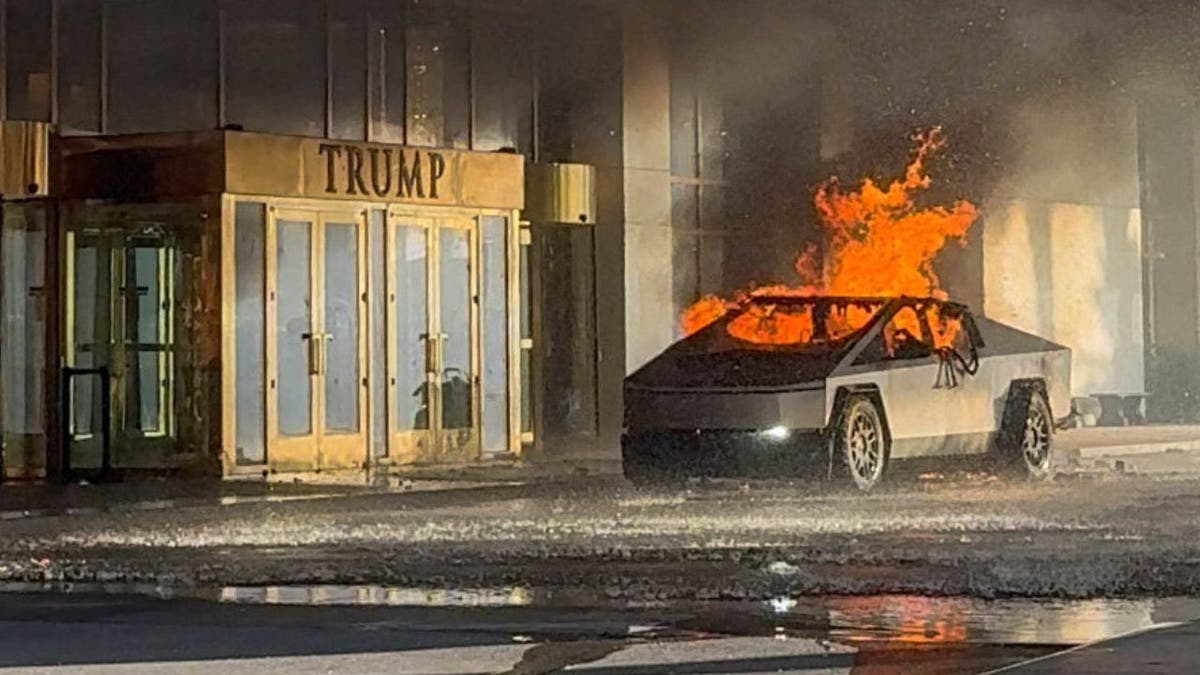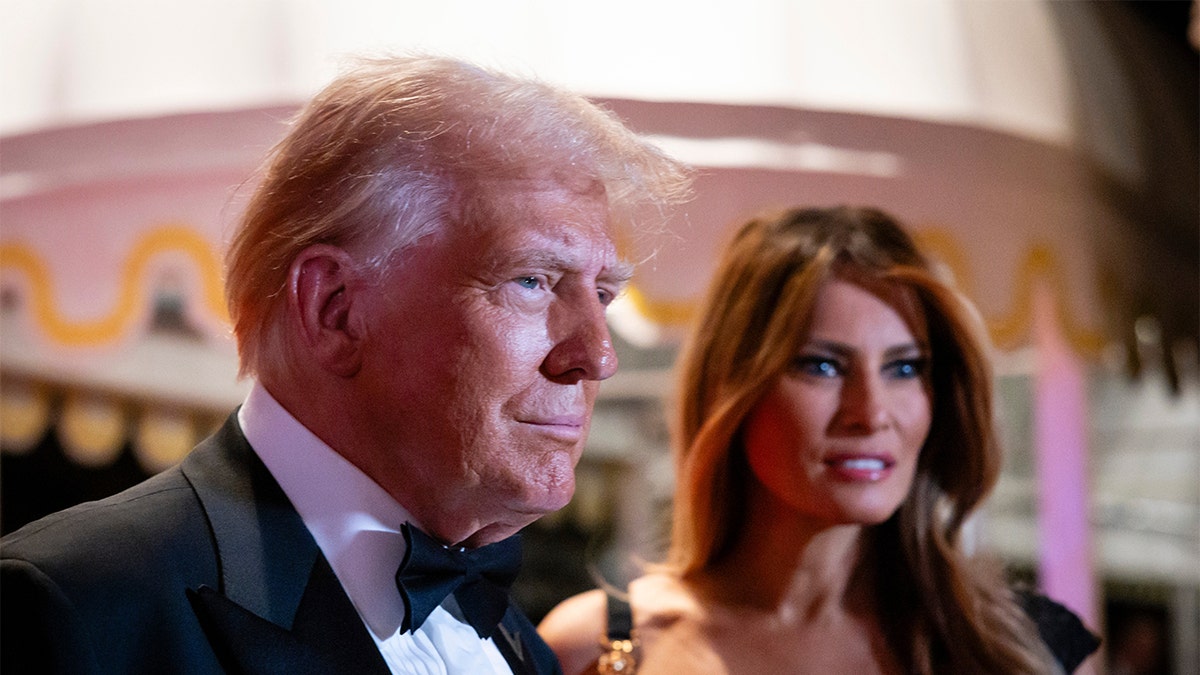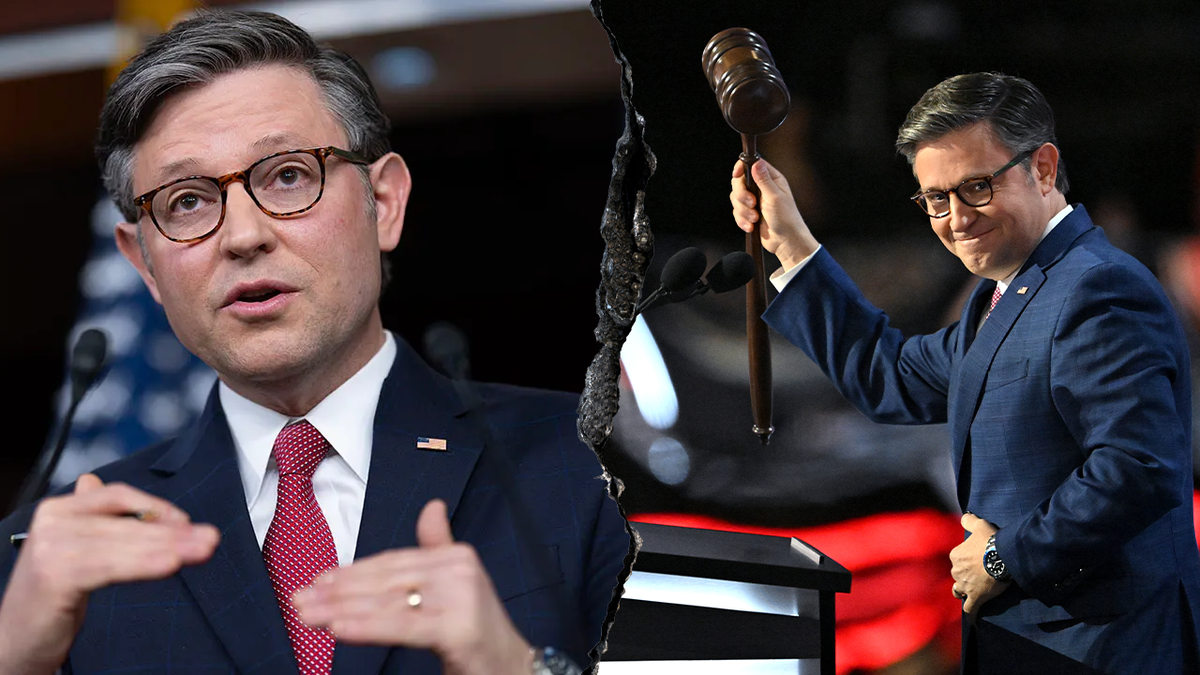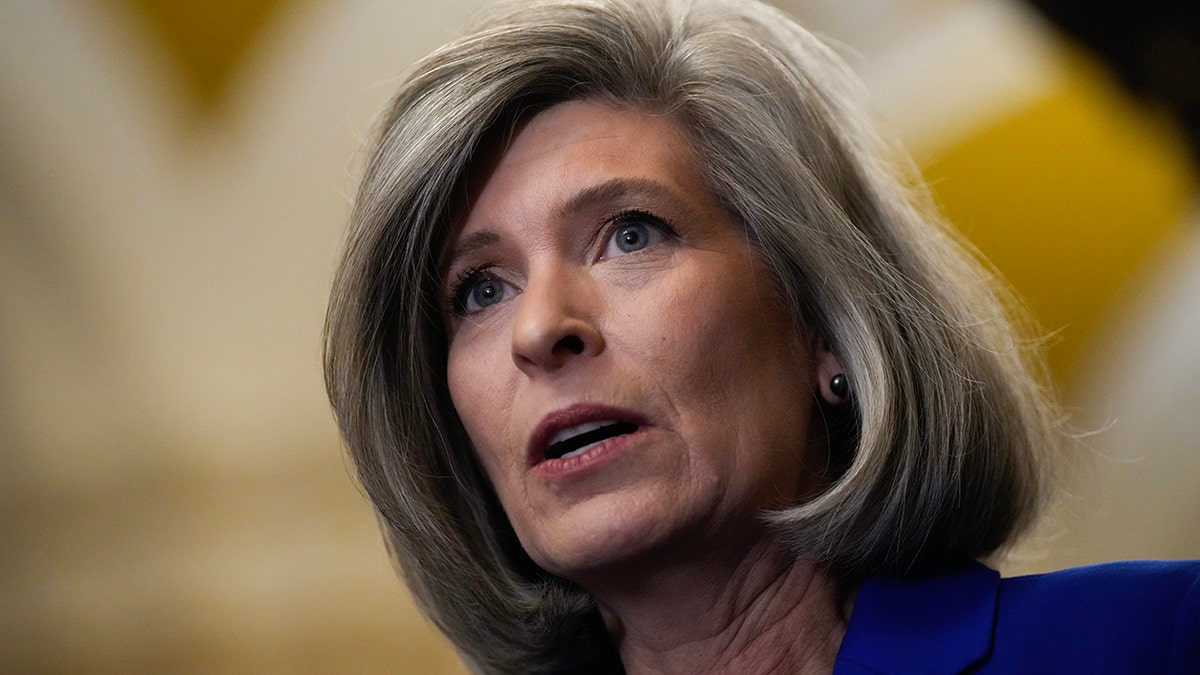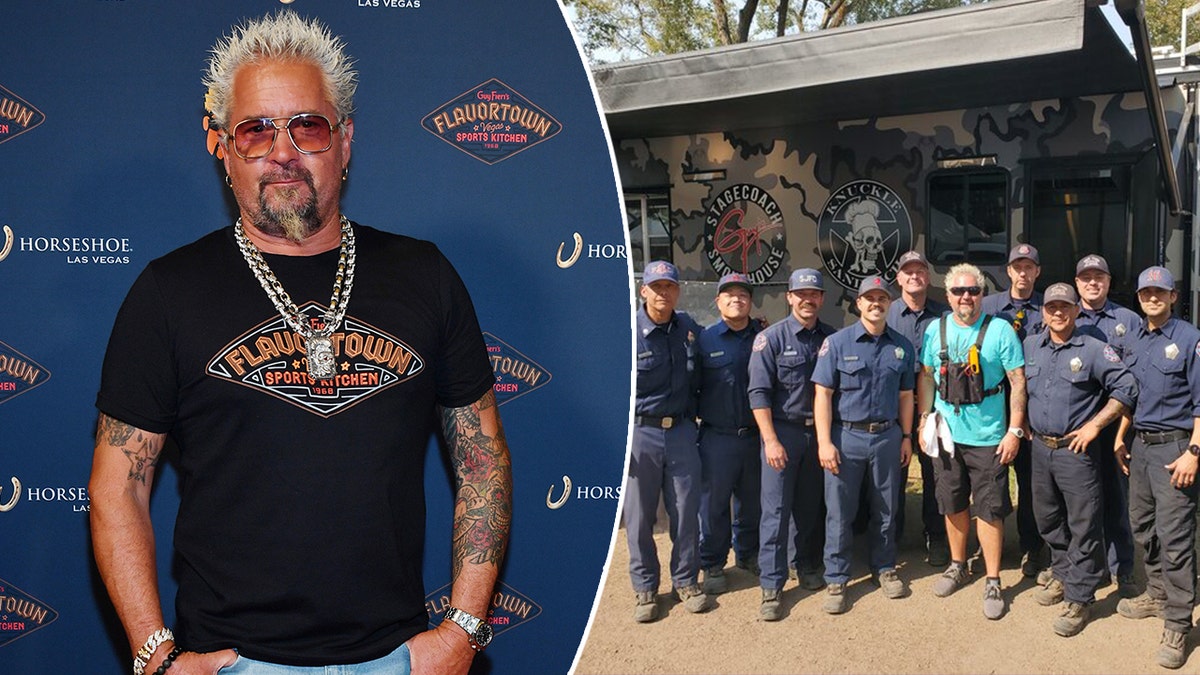Following the tragic New Year's Eve attack in New Orleans, allies of President-elect Donald Trump are strongly criticizing the FBI's initial assessment of the incident as not terror-related. The agency later reversed course and launched a terrorism investigation, reportedly linked to ISIS, prompting calls for accountability and the urgent confirmation of Kash Patel as FBI Director. A source close to Trump emphasized the FBI's critical role and the dire consequences of its failures, stating, "When they fail, Americans die." The attack, which involved a suspect driving a truck into crowds on Bourbon Street and subsequently opening fire on police, left at least 15 dead and numerous others injured.
The incident has sparked discussions about domestic terrorism and national security, with some pointing to the suspect's alleged radicalization. The discovery of bomb-making materials at a New Orleans Airbnb reportedly connected to the suspect has further intensified concerns. This attack, along with the explosion of a Cybertruck outside the Trump International Hotel in Las Vegas, allegedly perpetrated by an active-duty U.S. Army soldier, has raised questions about military radicalization and the potential influence of extremist groups. In the aftermath of the New Orleans attack, protests in New York City calling for an "intifada revolution" have added to the tense atmosphere.
As Trump prepares to return to the White House, these events underscore the challenges facing his administration. His allies are urging swift confirmation of key personnel, arguing that national security demands decisive action. The upcoming elections in 2025 will be crucial in shaping the political landscape, and Trump's planned "victory rally" in the nation's capital on the eve of his inauguration is expected to draw significant attention. Meanwhile, on Capitol Hill, the race for Speaker of the House continues, with Republicans maneuvering to change rules for vacating the speakership following the ousting of Kevin McCarthy a year prior.
